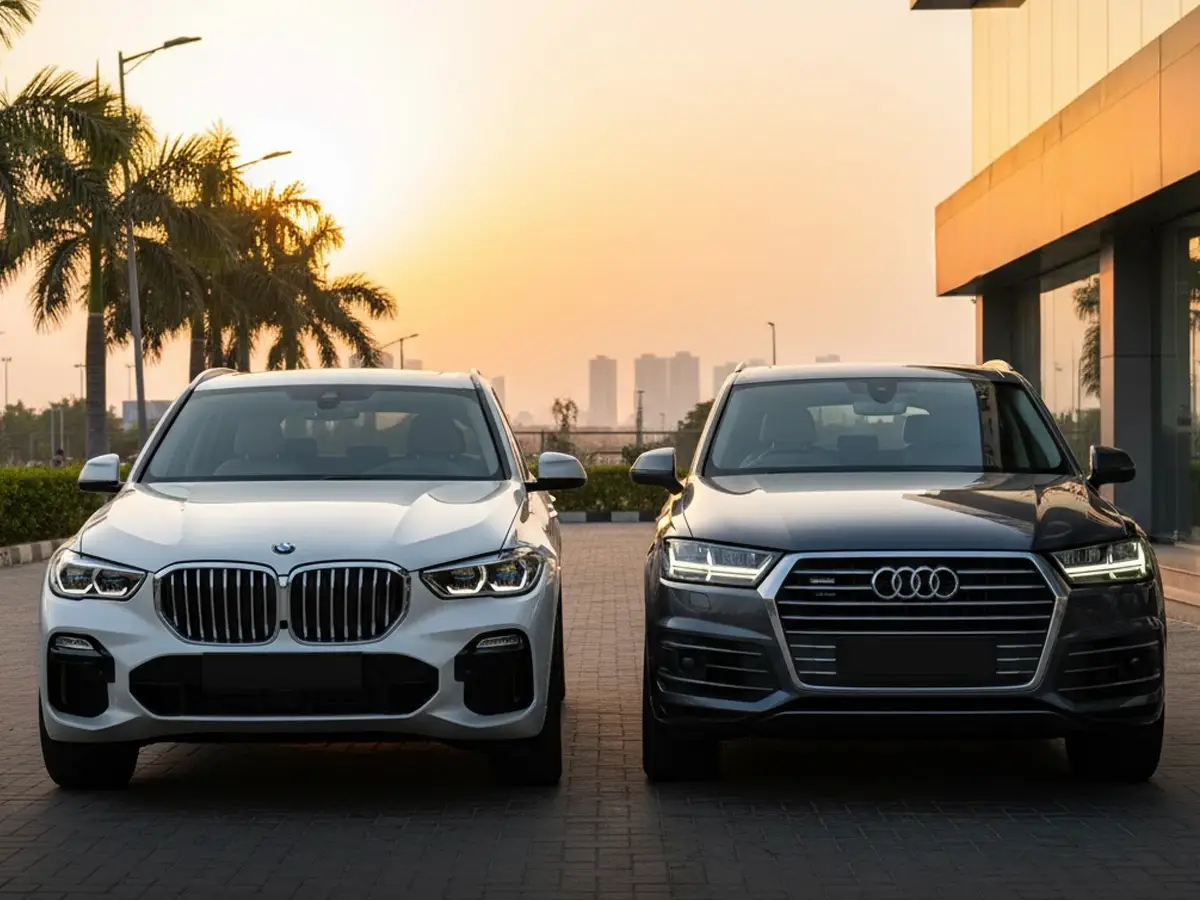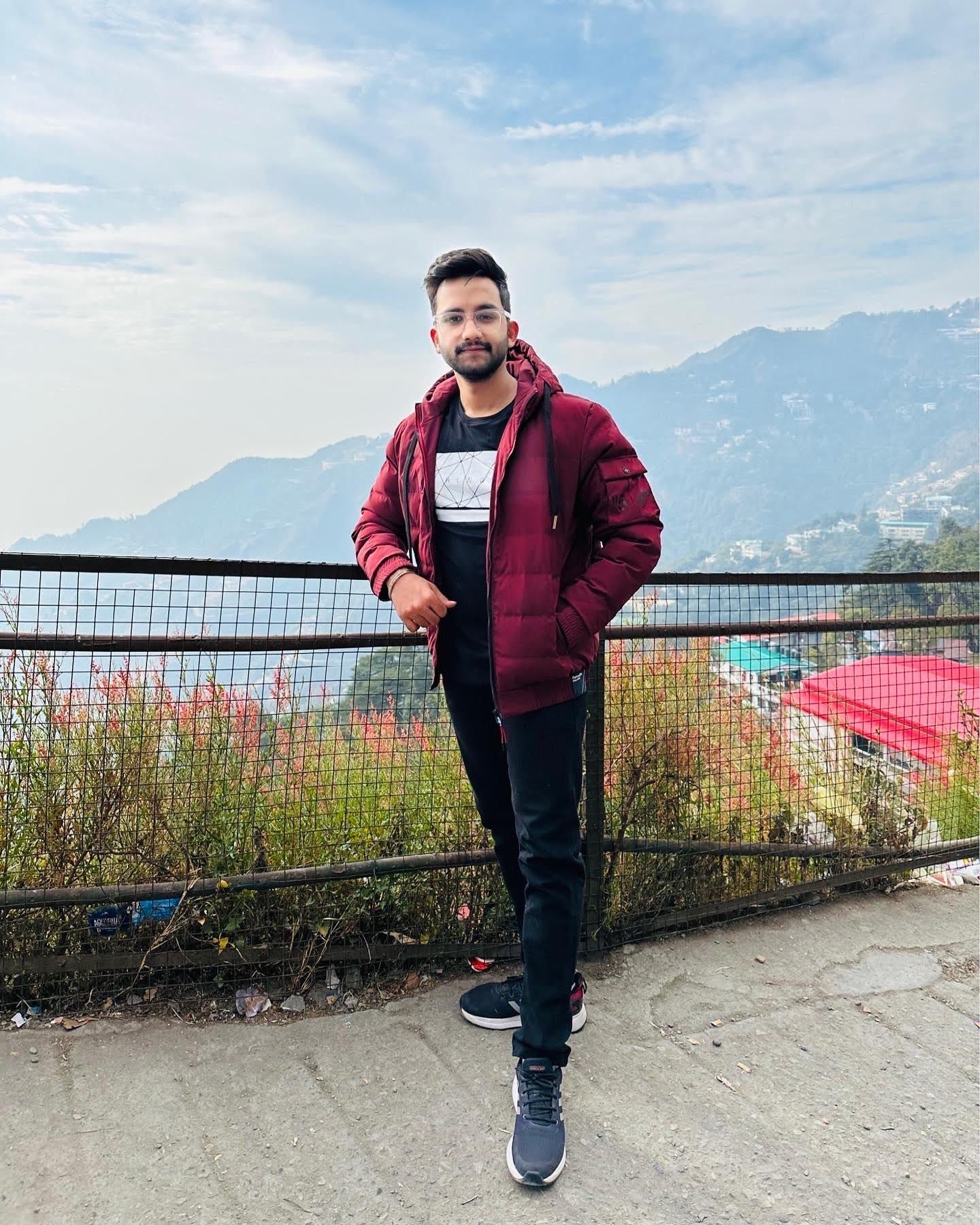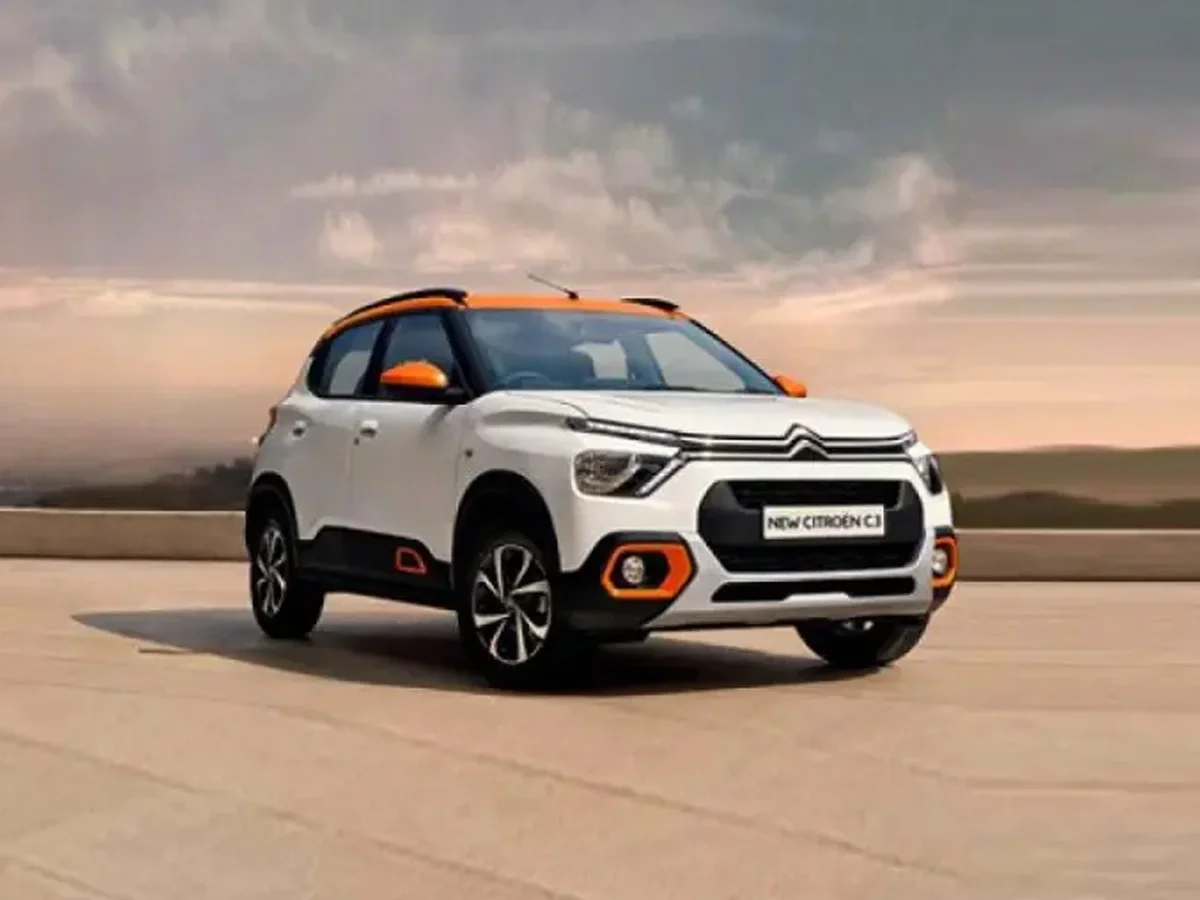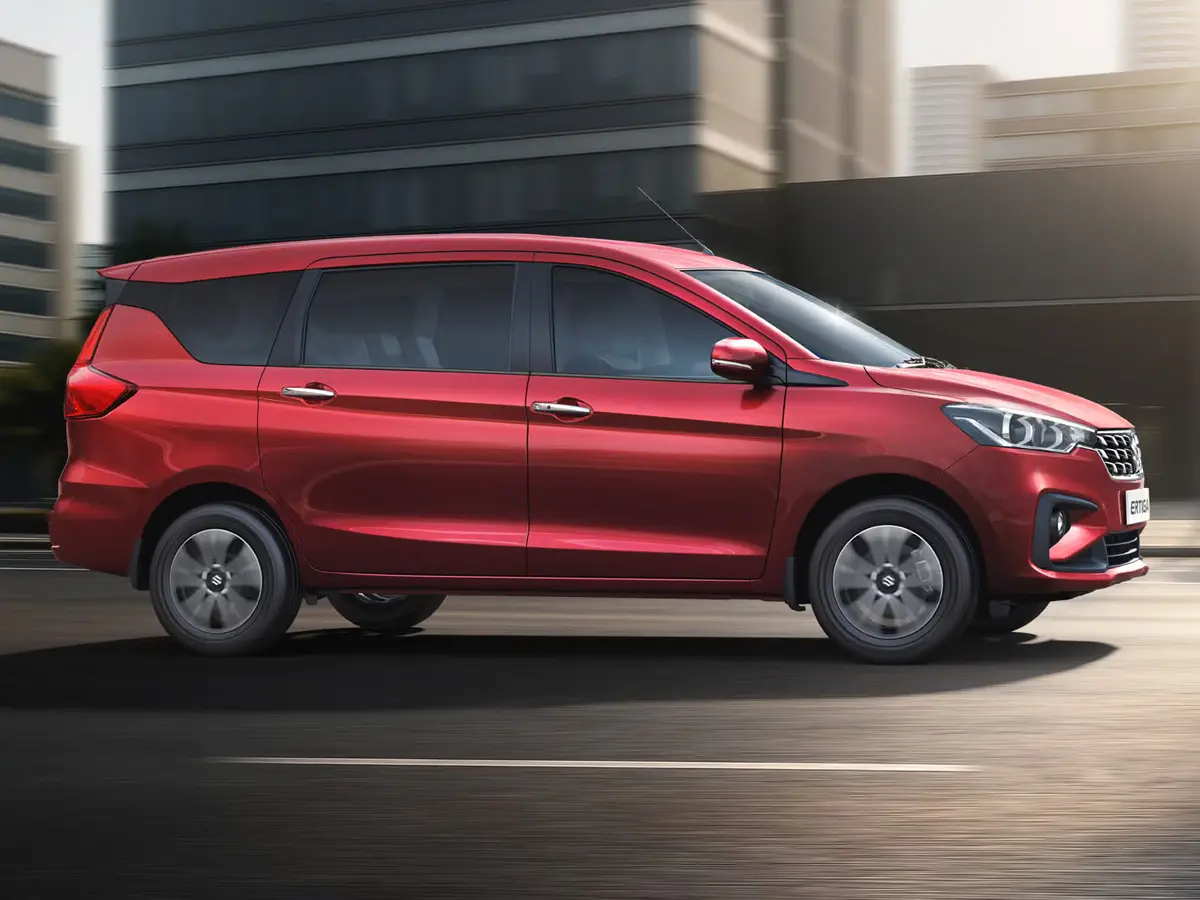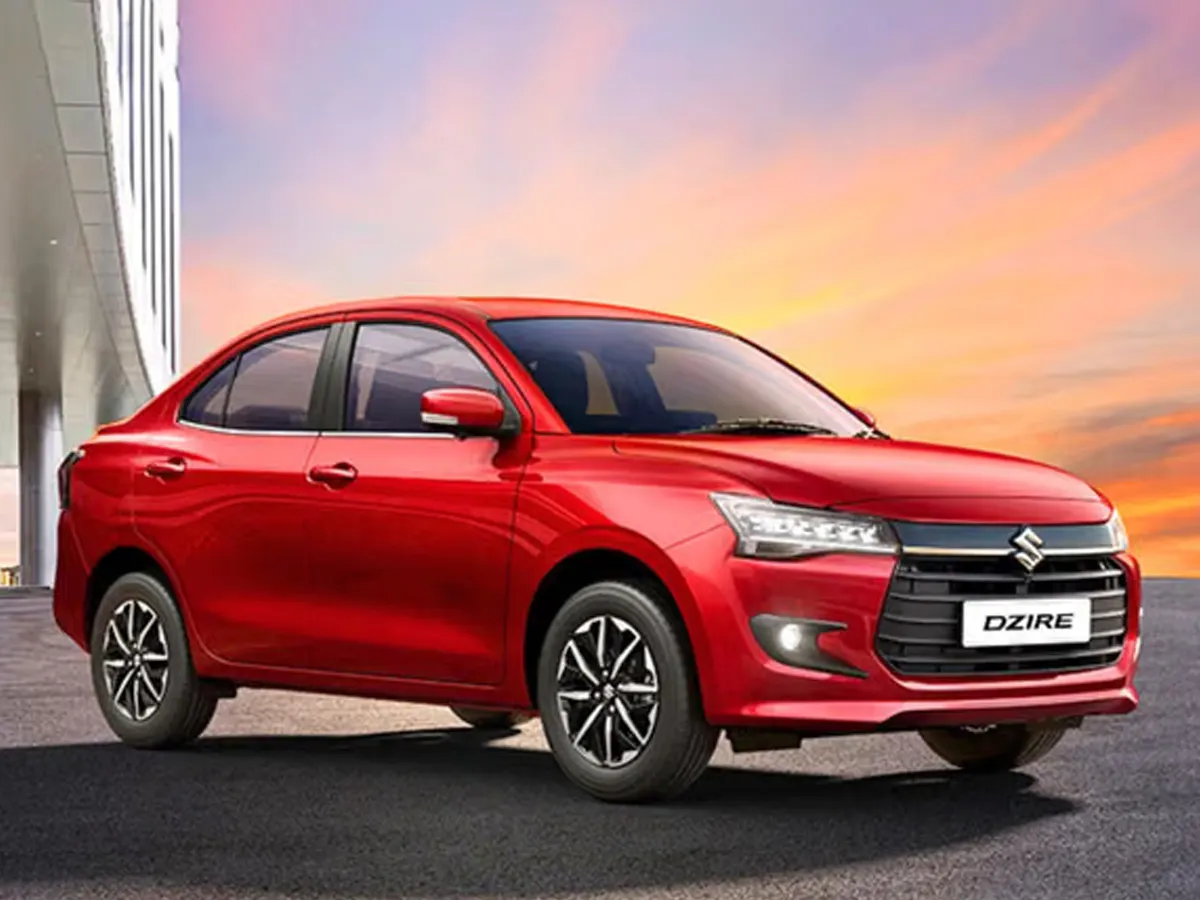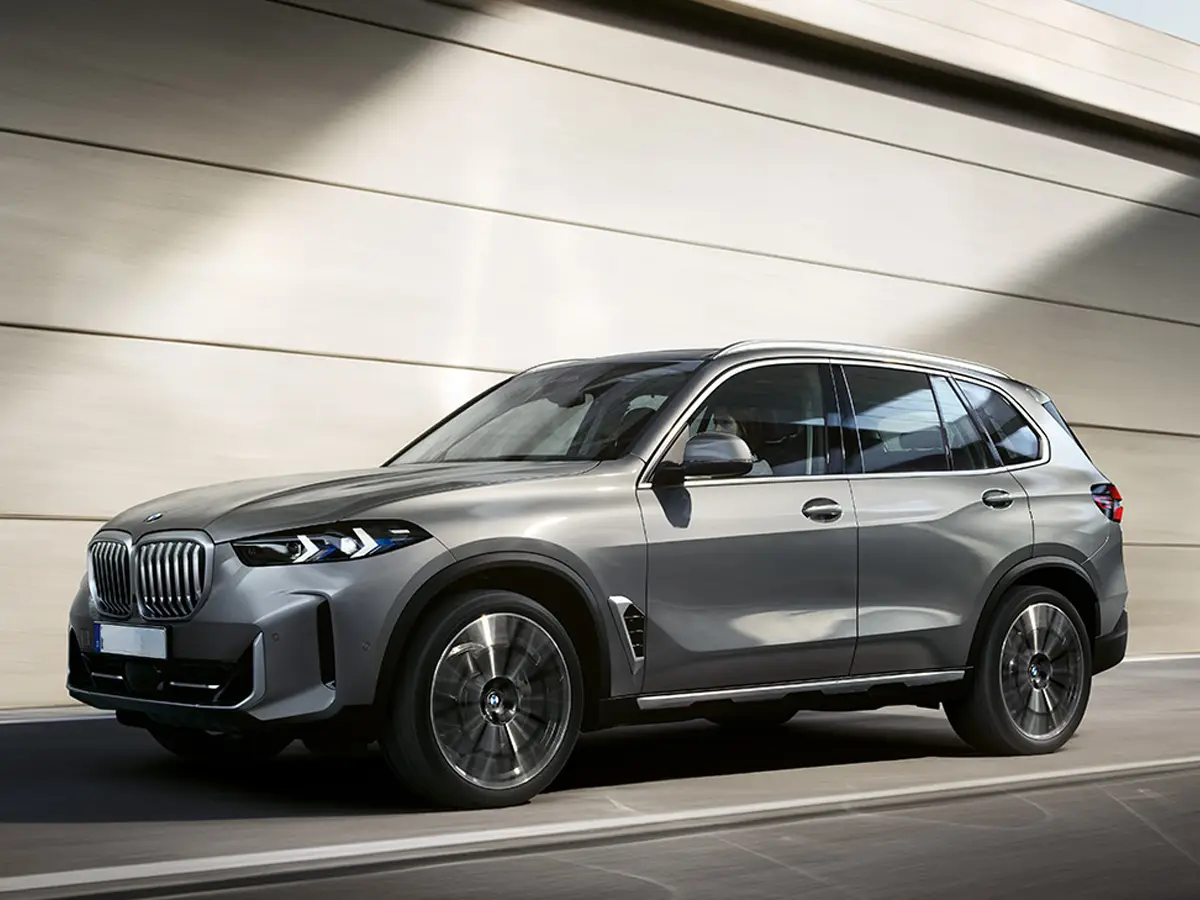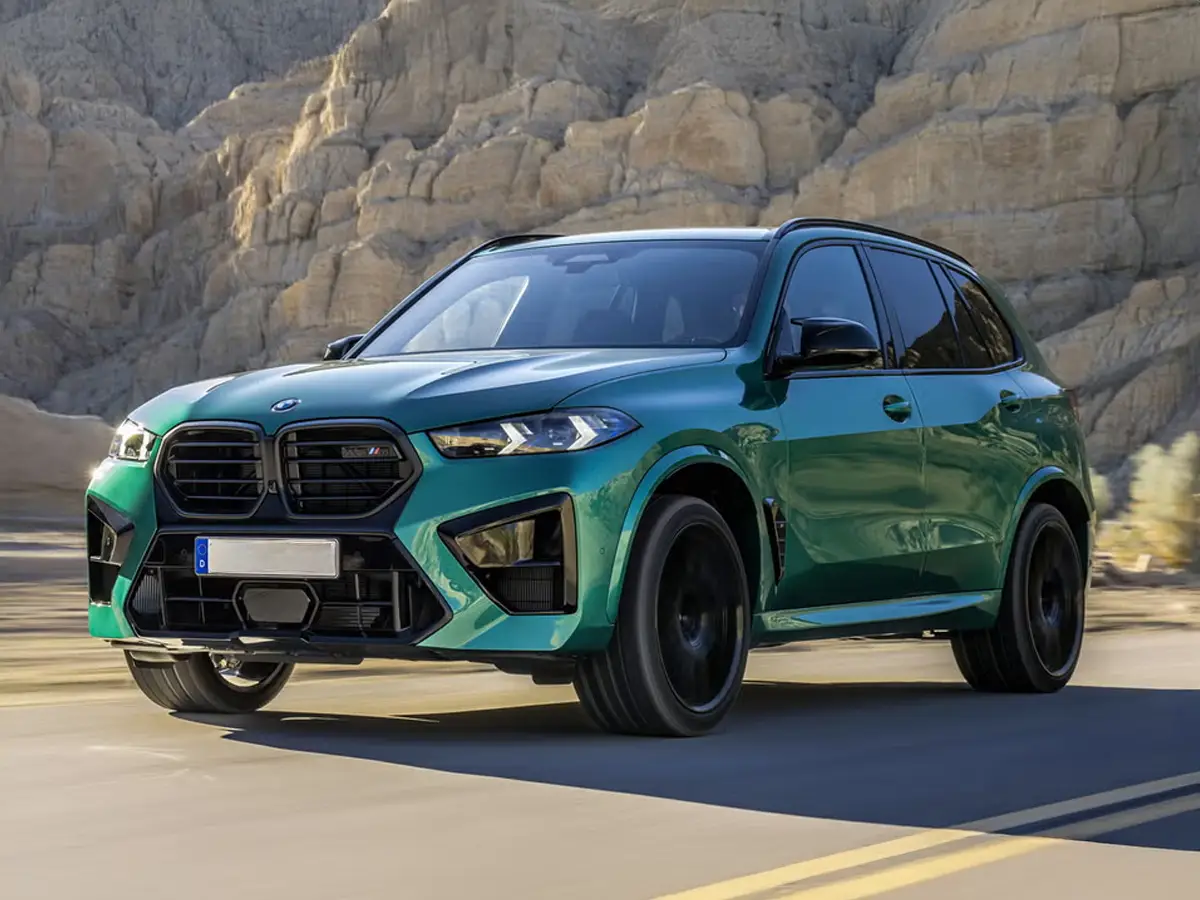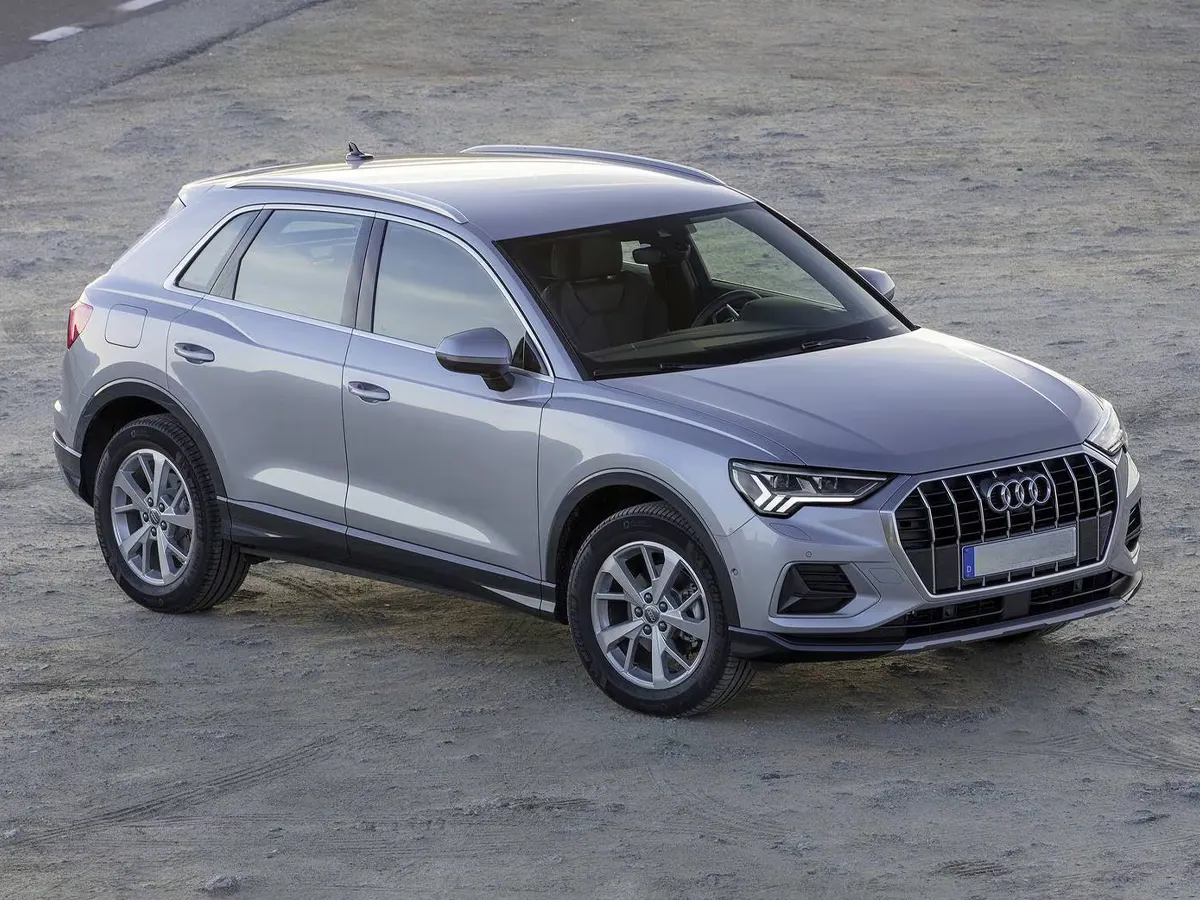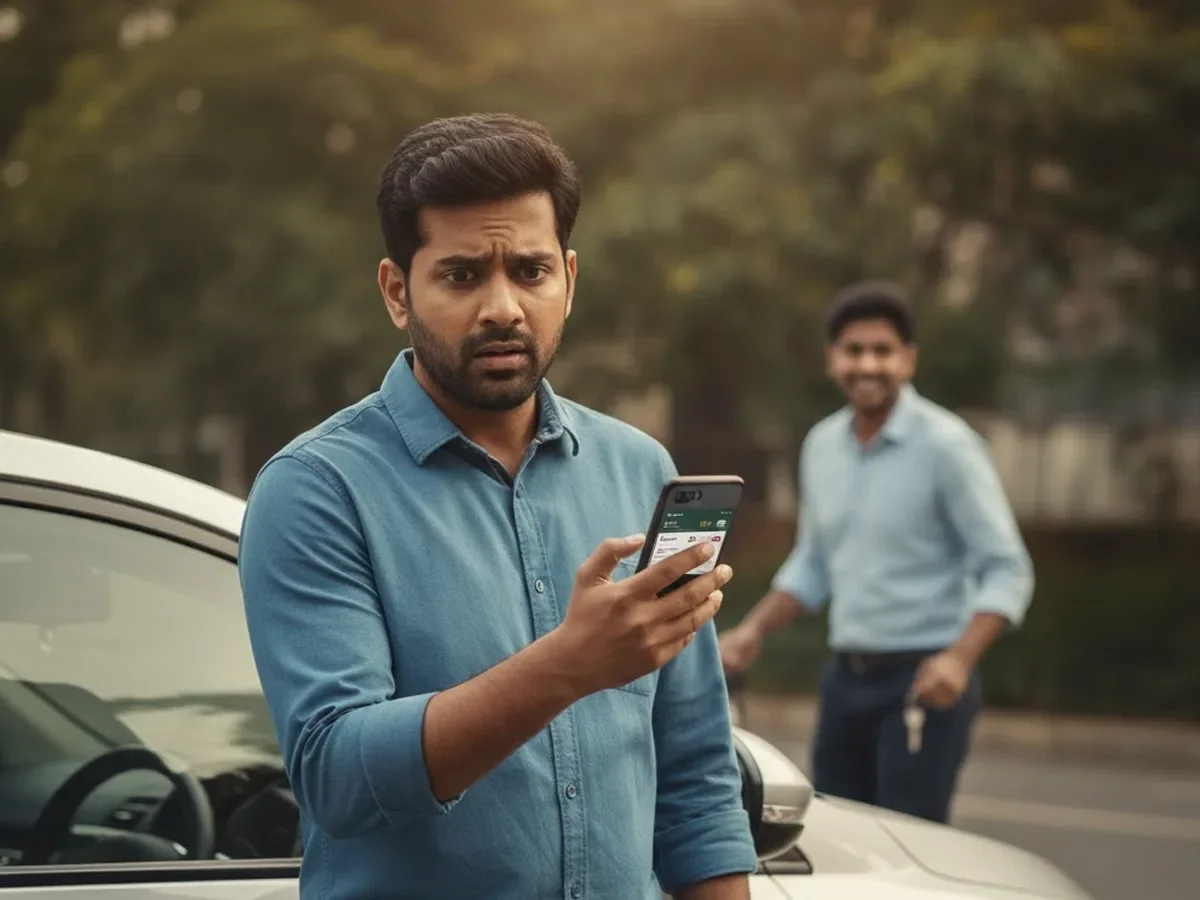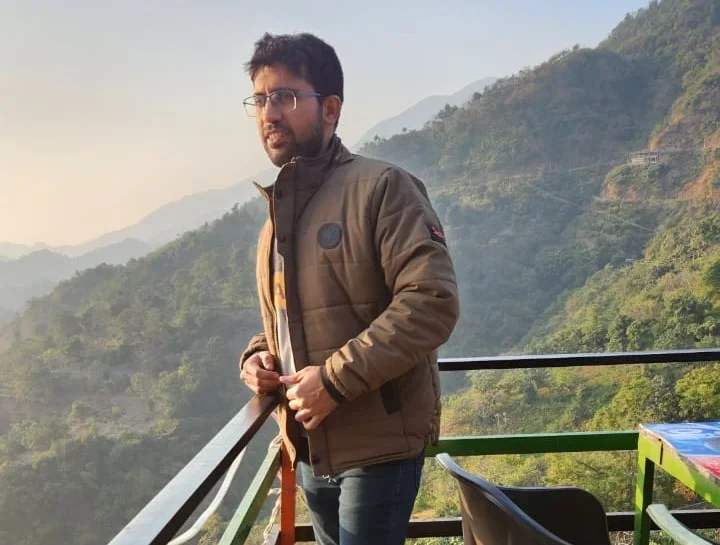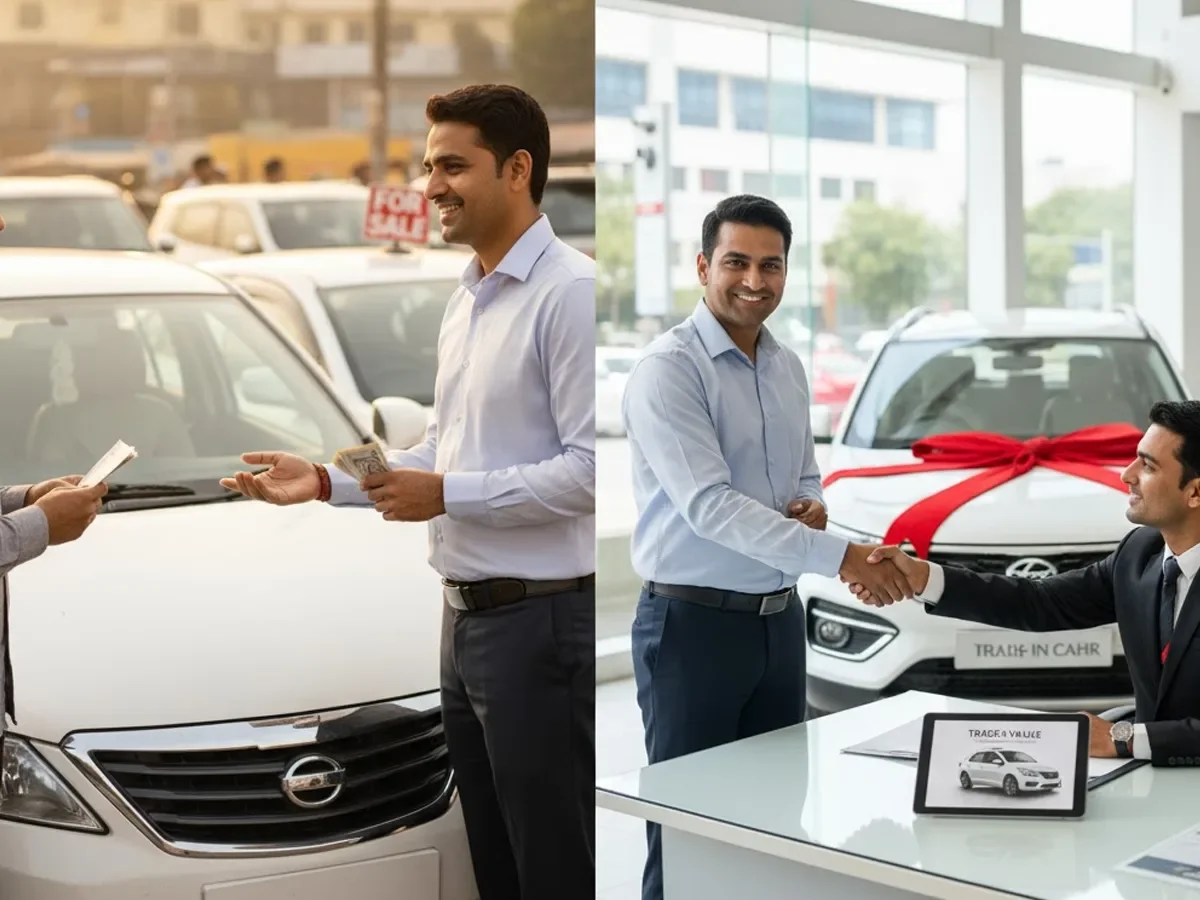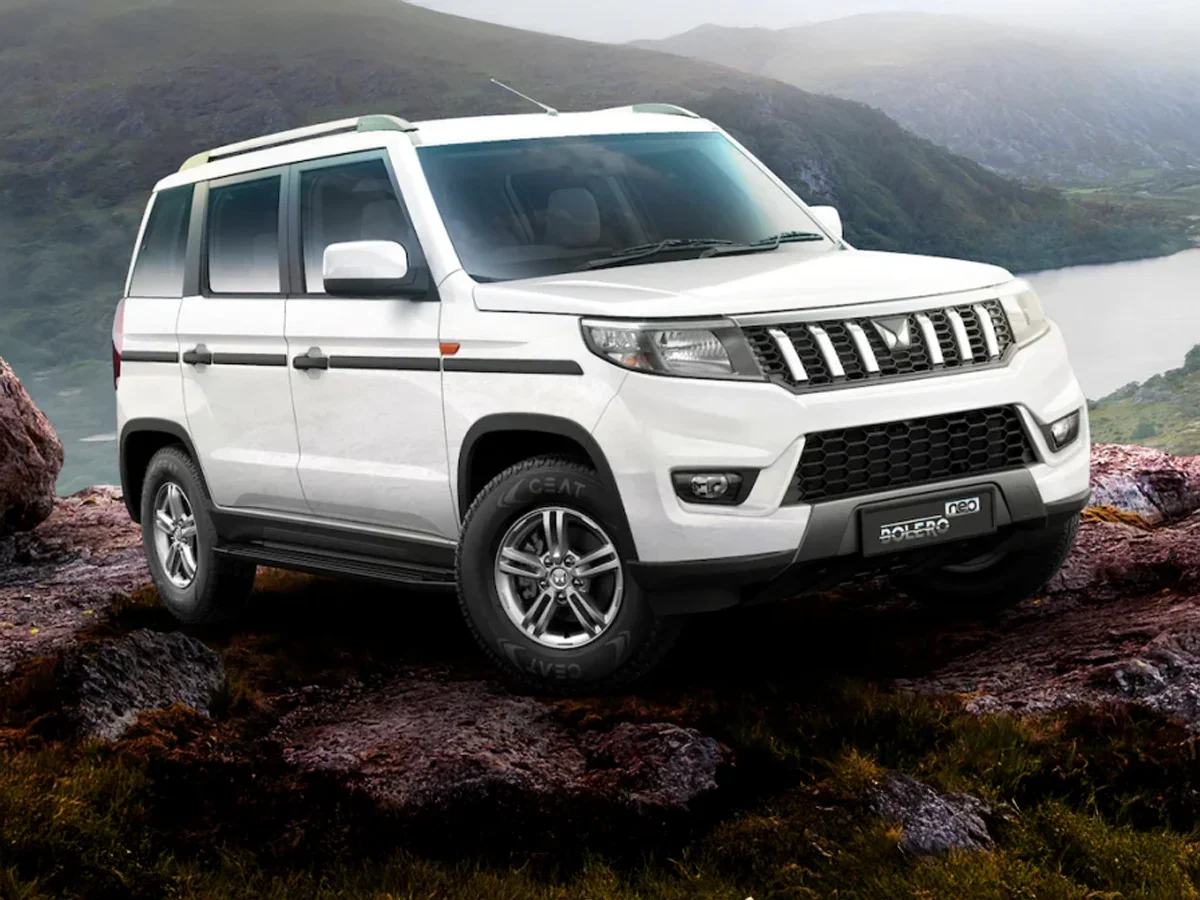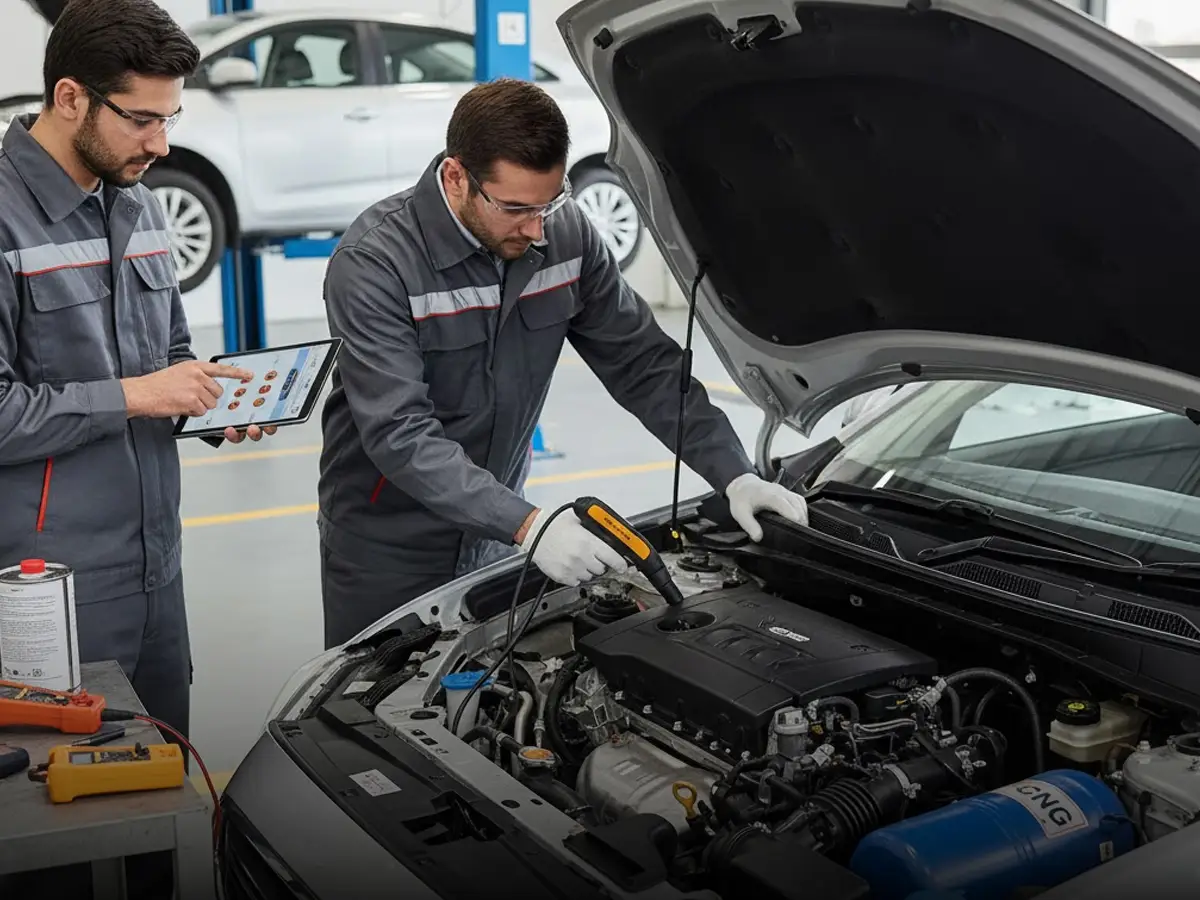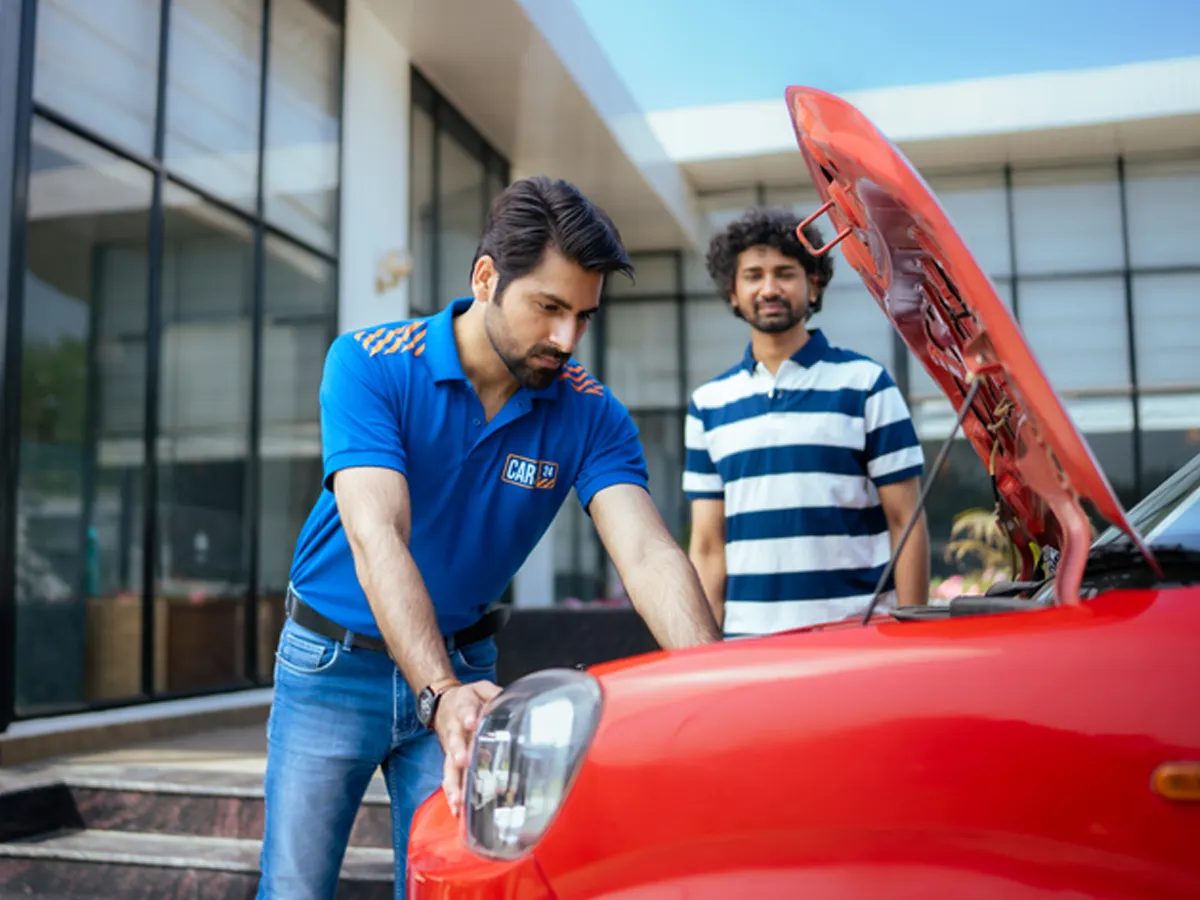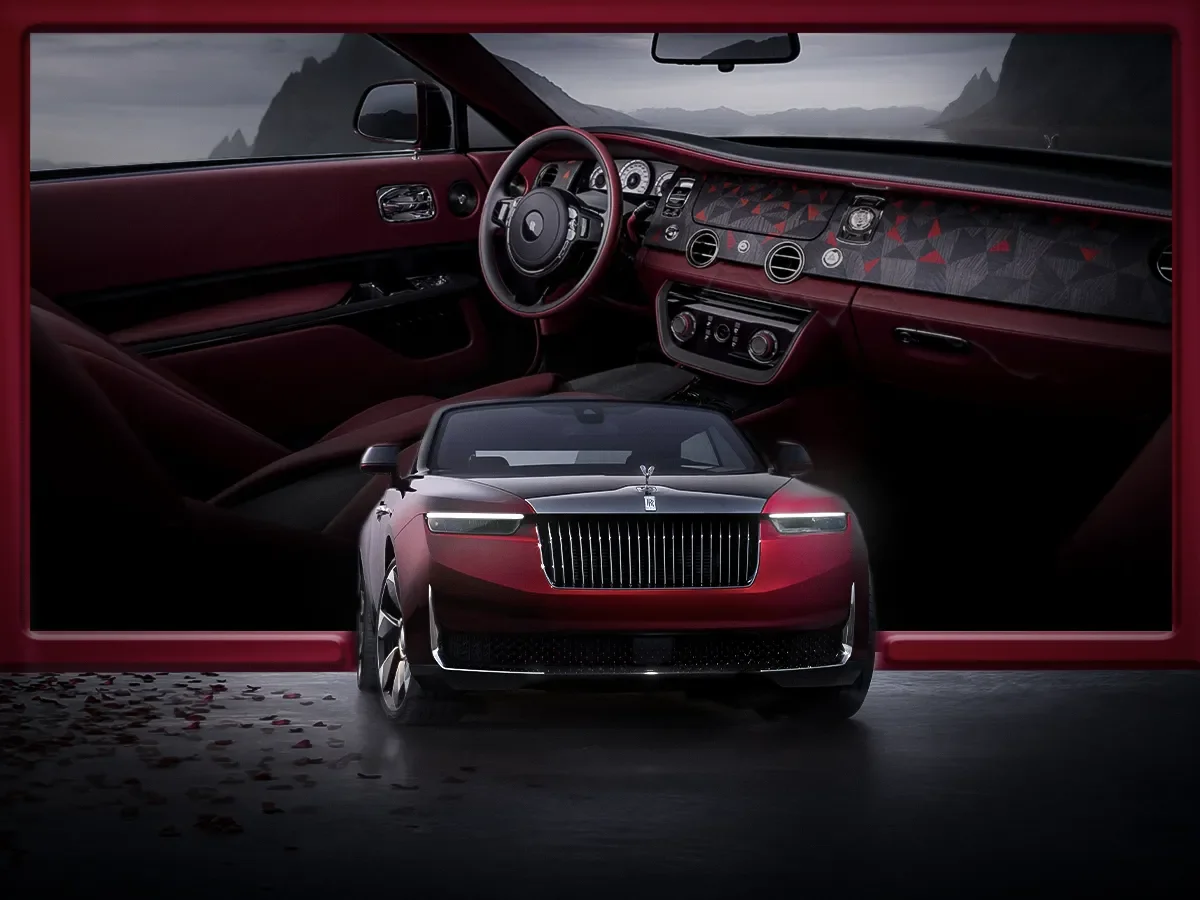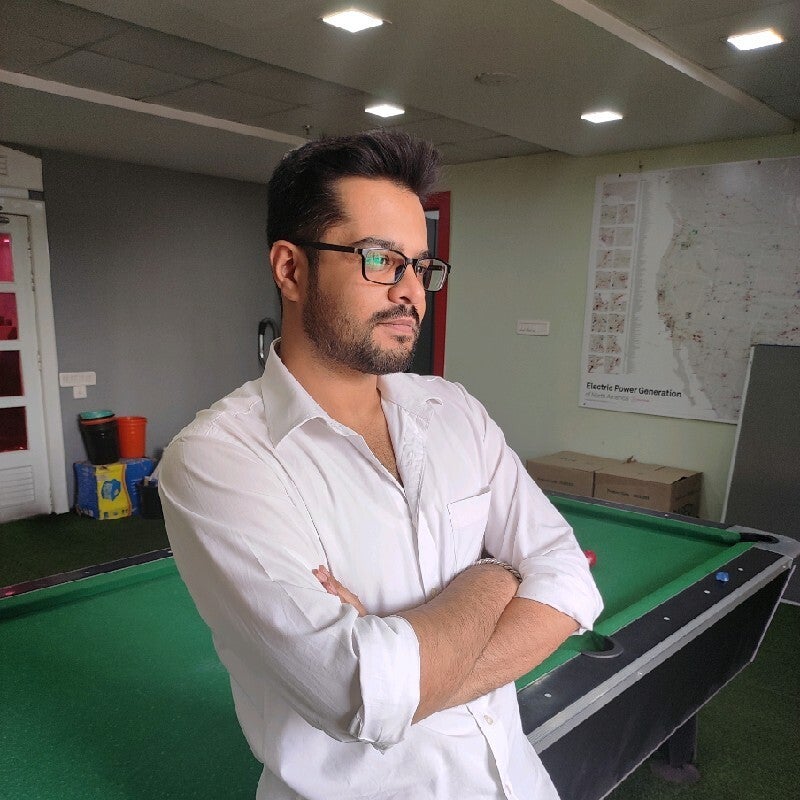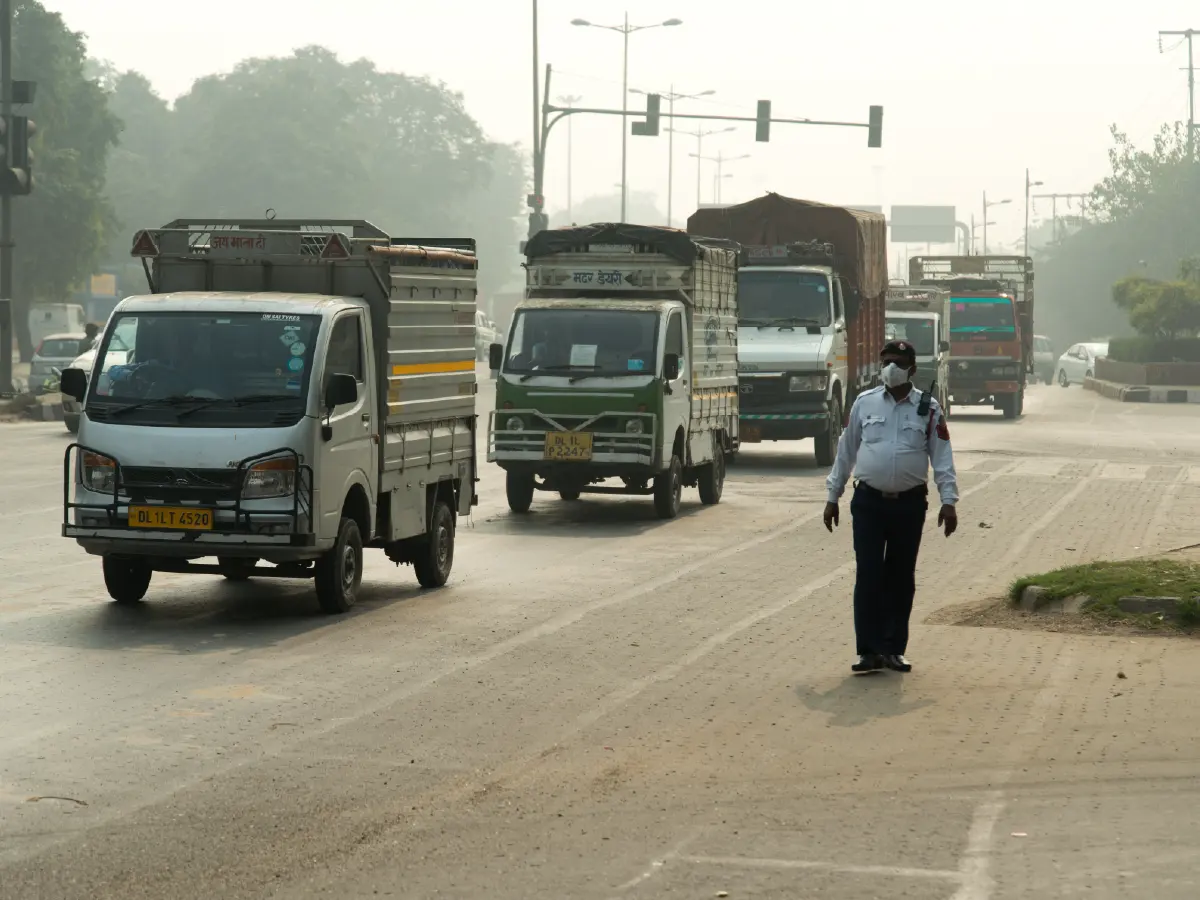

Driving Without Insurance Challan in India: Fines You Should Know
- 1Driving without insurance attracts a ₹2,000 fine and ₹4,000 for repeat violations
- 2Vehicles may be seized, and you could face up to 3 months in jail or legal action
- 3You can easily pay the challan online or pay on the spot to the traffic police
- Is Driving Without Insurance Illegal in India?
- What Happens If You're Caught Driving Without Insurance?
- Fine for Driving Without Insurance in India
- How to Pay Challan Online for Driving Without Insurance?
- Why Driving Without Insurance Is Riskier Than You Think?
- How to Buy or Renew Your Vehicle Insurance?
- Final Thoughts: Insurance is Peace of Mind
Most vehicle owners consider insurance renewal as a formality that must be done to avoid running into trouble with the law. But driving without insurance in India is an offence as per the Motor Vehicles Act, 1988 and can have repercussions beyond the legal framework. Whether you’re riding a two-wheeler, a car, or even a commercial vehicle, the law is quite clear: your vehicle must have at least third-party insurance before it can be driven on public roads.
Skip it, and you're looking at heavy fines, possible jail time, and a financial nightmare if you're involved in an accident. Without valid insurance, you pay for everything out of pocket, from damage to the other person’s vehicle to medical expenses. Driving without insurance in India is a huge risk that’s simply not worth it, considering the small amount you need to pay and the ease of insurance renewal.
Is Driving Without Insurance Illegal in India?
Yes, and it is not negotiable. Section 146 of the Motor Vehicles Act makes it mandatory that all vehicles on the Indian roads be covered by a valid third-party insurance policy. This includes personal cars, taxis, auto-rickshaws, goods carriers, all.
Here’s what counts as “driving without insurance”:
- Insurance expired (even by a day).
- Never purchased any insurance at all.
- Bought a vehicle but haven’t transferred the insurance to your name.
- Driving someone else’s vehicle that isn’t insured.
Even if the accident wasn't your fault, having no insurance voids your protection, and you could be liable to pay all damages and legal penalties.
What Happens If You're Caught Driving Without Insurance?
When you’re stopped by traffic police and can't show valid insurance, here’s what typically happens:
- You’ll be issued a challan on the spot, digital or physical.
- If you’re found to be driving without insurance while breaking another traffic law, you might be asked to pay immediately.
- The vehicle may be seized in serious cases or for repeat offences.
- If the case is escalated, you could be asked to appear in traffic court.
- Your insurance premiums may rise in the future due to the violation.
And in case of an accident? No insurance means no financial support, even for third-party claims, which can be both emotionally and financially devastating.
Fine for Driving Without Insurance in India
Let’s break it down as per the latest penalty structure under the amended Motor Vehicles Act:
| Offence | Applicable Law | Penalty |
| First-time offence | Section 196, MV Act | ₹2,000 fine or 3 months imprisonment, or both |
| Repeat offence | Section 196, MV Act | ₹4,000 fine or up to 3 months jail, or both |
| Driving a vehicle not insured in your name | Section 146/147 | The vehicle owner is held liable and the same penalties apply |
Important to note: Driving without insurance doesn’t just impact you, it affects others involved in the accident as well, since their coverage may also depend on your policy.
How to Pay Challan Online for Driving Without Insurance?
If you’ve been caught driving without insurance and received a challan, don’t panic, you can pay challan online quickly. Here’s how it works:
- Visit echallan.parivahan.gov.in.
- Click on “Check Challan Status”.
- Enter your vehicle number, DL number, or challan number.
- Review the details of your offence and penalty.
- Choose your preferred payment method: UPI, debit/credit card, or net banking.
- Download the receipt for your records.
Important: In most metro cities, there is a possibility that the officer is having an eChallan machine with them on the spot, leaving you with no room for negotiation. It is always good to get a receipt (either digital or printed) that shows proof of payment.
Why Driving Without Insurance Is Riskier Than You Think?
Consider your insurance as your legal and financial safety net. Without it, all it takes is one unfortunate accident for your wallet and clean sheet to take a severe beating, even if you weren’t at fault. Here’s what you risk:
- Out-of-pocket expenses for damage to another vehicle, property, or injuries.
- No protection for your own vehicle in case of theft or accident.
- Legal liabilities that can spiral into court cases.
- A black mark on your driving record, which affects future premiums and credibility.
Moreover, a lack of insurance may invite civil claims in case of severe accidents, where the court can order you to pay lakhs in damages. That’s not a bill you want.
How to Buy or Renew Your Vehicle Insurance?
Avoiding the penalty is easy, and now completely online.
To Buy Insurance for a New Vehicle:
- Visit any trusted insurance website or aggregator.
- Enter vehicle details and choose a third-party or comprehensive policy.
- Pay online and download your e-policy instantly.
To Renew Existing Insurance:
- Enter your registration number on your insurer’s site.
- Review and update coverage options.
- Pay online, no inspection needed if renewing before expiry.
Tip: Set a reminder every year for your renewal. Driving even for a day with an expired policy is a violation.
Final Thoughts: Insurance is Peace of Mind
Having insurance is not just about avoiding the ₹2,000 fine, but it is your responsibility as a driver. A single misstep without coverage may end up costing you much more than the penalty ever will.
Therefore, whether you are going to drive the car once a week or commute to work daily, make sure that you do it with valid insurance. It is that sort of backup that you do not realise that you need, until you actually do.
Frequently Asked Questions
Expand all